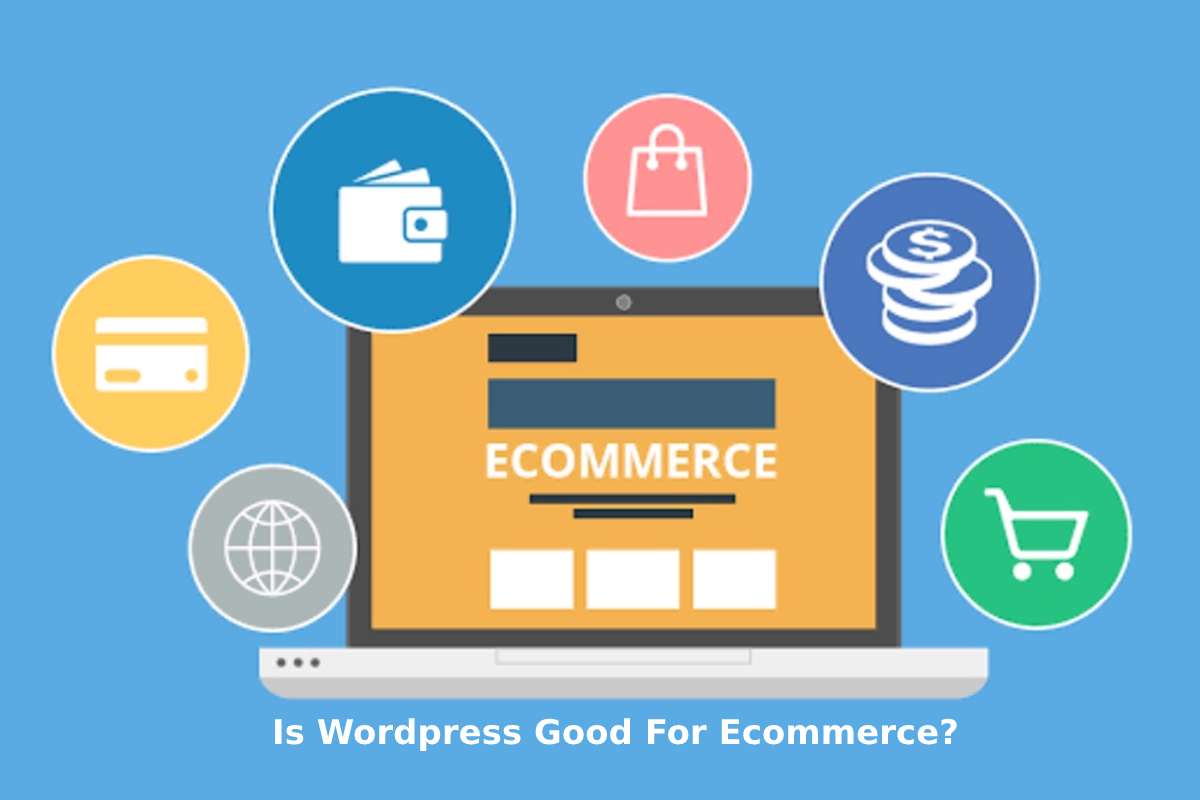
Over the past few years, WordPress has developed from a basic publishing tool to a robust content management system (CMS). You may be surprised to know that WordPress currently powers 26% of all websites on the internet, and is used by top brands such as Mashable, BBC, TechCrunch, Bata, and CNN.
There was a time when WordPress was not the preferred platform for creating online stores. Today, however, things are different, and the blogging and CMS solution is widely used to develop profitable online stores.
In case you are not settled on what WordPress offers you, in this article, we give you good reasons to consider it for your eCommerce venture. We provide information on
Table of Contents
WordPress is an open-source content management system that allows you to both modify and utilize its features in any manner to suit your eCommerce needs. As a free solution, you are also not bound by commercial limitations and restrictions imposed by similar eCommerce solution providers.
Maybe this is why eBay, which owns Magento, still utilizes WordPress to run its blog. Magento is a great choice to run eCommerce websites but this is just evidence of how good WordPress is as a CMS and also as a Magento alternative.
Another advantage of WordPress is the presence of a robust support community, and the eagerness of this community to help if you run into any issues.
Bloggers who make use of WordPress know how simple it is to learn and use the software. You simply get an attractive domain name, sign up for a reliable best hosting service, and get started easily and quickly.
The best part is you don’t need coding skills to leverage this platform. Simply get yourself some basic training and you will be ready to create and launch your eCommerce store.
WordPress also makes it effortless for you to manage sales monitoring, order management, product addition, and more. You can utilize the vast library of documentation for self-help, and you don’t need to seek the assistance of a WordPress specialist to help with certain technicalities.
A variety of dedicated plug-in architecture and themes for online stores are also available to you. Plug-ins help with your site’s functionality, while the themes help you create a unique look. You convert your basic WordPress blog or site to a lucrative shopping store, complete the whole process with a few mouse clicks, and boycott expensive designers.
eCommerce stores need to offer multiple payment gateways to their customers and WordPress covers you on this. It supports a range of secure payment methods, including 2Checkout, ChronoPay, Worldpay, CCAvenue, PayPal, Google Checkout, and others.
Through some of its plug-ins, like the WooCommerce plug-in, for instance, the CMS supports some additional pre-installed payment methods. These include Simplify Commerce, PayPal, direct bank transfer, cash on delivery, and cheque payment.
Of course, all this praise comes with some warning. Security is a big concern, and WordPress sites are often targeted by hackers looking to obtain sensitive customer and financial data.
The solution is to use robust security systems such as Wordfence and Securit. These safeguard your online WordPress store from sophisticated cyber attacks and keep your data away from the hands of fraudulent individuals.
Scalability presents another area for concern, and questions are often asked about WordPress’ ability to meet the demands of a rapidly growing e-business. Regardless of this, hosting platforms such as Microsoft Azure, Google App Engine, Pagely, or WP Engine serve as good solutions. They empower your WordPress eCommerce store to easily manage large volumes of visitors.
Overall, WordPress is a low-cost content management system that offers ample solutions for your eCommerce store management and security. We hope this article has provided you with enough information to decide on adopting it.
You may also get detailed reviews on Magento, Shopify, and other popular eCommerce systems. You compare their features against one another and select the most suitable platform for your online store.
Also Read:
How to Choose a Medical Alert System
Marketing Firm Should Use A Reporting Tool
Data analytics has reshaped marketing tactics beyond recognition. In an age where every click, comment,… Read More
Skin resurfacing treatments have advanced significantly, offering more effective and comfortable solutions for achieving smoother,… Read More
Nothing disrupts the immersive experience of Minecraft quite like sudden lag spikes or persistent connection… Read More
Launching a startup is an exciting yet challenging journey, and many founders fall into the… Read More
Workplace stress is a silent epidemic, impacting productivity and morale. Companies have long sought effective… Read More
A well-lit yard enhances your home's curb appeal and significantly improves security. Smart outdoor lighting… Read More